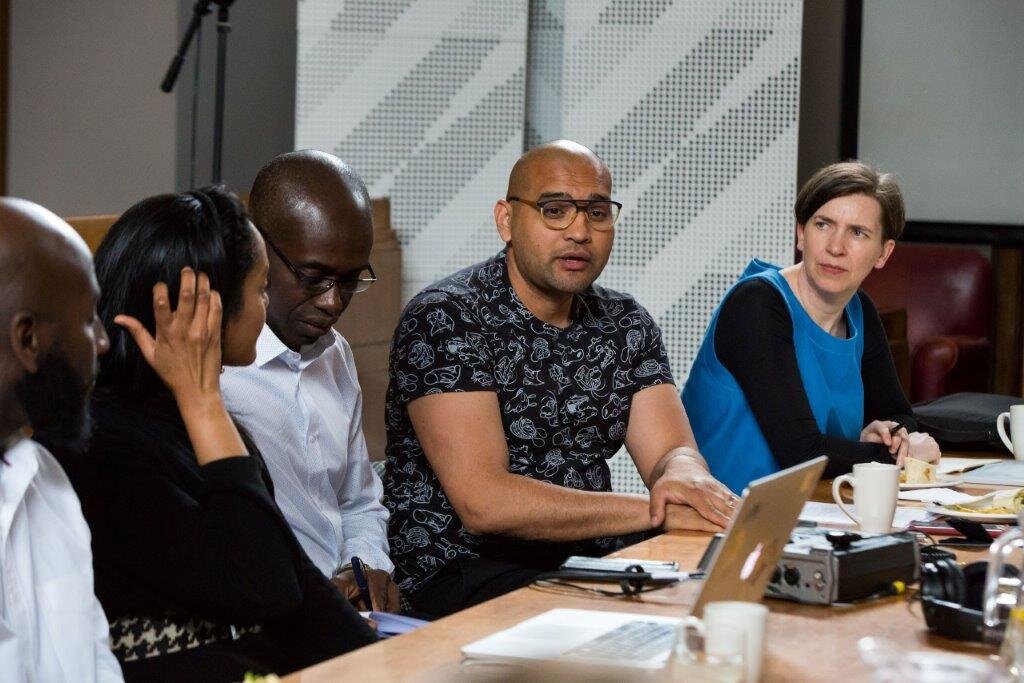RIBA Architects for Change
Jude Barber is on the Architects for Change Panel and has been involved in a number of initiatives. The RIBA is guided by our expert group RIBA Architects for Change, chaired by Femi Oresanya. The current Equality, Diversity and Inclusion strategy, developed in consultation with the group, sets out the key areas for action to ensure the architecture profession is accessible to all. Key areas for action are: BAME Representation, Social Mobility, Gender Parity, LGBTQ+ Communities, Disability, Mental Health and Well-being and Religion and Belief.
This is an updated extract from an advisory report Jude wrote in 2018 for the RIBA Council:
Ethics, Gender and Leadership
There remains a perennial blind spot in formal professional discourse towards the range and depth of work of women architects, partnerships and team-based forms of practice.
Whilst there is increasing attention and research by organisations such as Parlour, Women in Architecture, Part W, Black Females in Architecture and #EthelDay there is still much to be done to represent and discuss broader gender and identity issues within the profession. Particularly how gender intersects with socio-economic background, ethnicity and caring responsibilities. For this reason, Architects for Change and its ongoing work and activity is so vital and critical.
In the first half of 2014 the RIBA undertook a Diversity Survey within the profession via ‘Constructing Equality’, the RIBA itself and CIC. The very act of commissioning a Diversity Survey appears to have been a positive step towards the RIBA seeking a richer understanding of the social and cultural landscape within the profession. However, due to the poor response rate to the survey it is clear that this survey does not paint a true picture of the experiences of many working, or no longer working, within the profession. It also highlights the limitations of document-based, online survey work.
There is an explicit lack of women in leadership roles within architecture. So, if architecture is to respond to the needs, hopes and challenges of contemporary society then a rich mosaic of women of all backgrounds and circumstance must form a pivotal and influential role within the workplace, academia and the broader, national conversation.
Explorations and research into what female leadership looks like.
Explore, raise awareness and support Initiatives taking place around the country on a regional basis.
Investigate and raise awareness of working models that support and champion women and those with caring responsibilities eg. Employee ownership models (EO Association) and working networks/initiatives (eg. Pryde Road in Manchester).
Better connect architectural networks with other industry initiatives and research.
Consider a UK-based ‘Marion’s List’ (http://archiparlour.org/marion/) with advice on selecting speakers/industry ‘experts’ for events/advisory panels.



